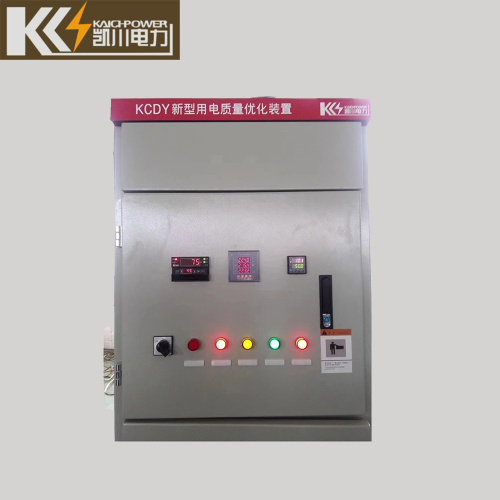Electrical power quality systems have become integral to the smooth operation of modern industries and households. They are designed to ensure that the delivered power is of the desired quality, free from voltage sags, surges, and other irregularities that can disrupt the functionality of electrical equipment. In this article, we delve into the essentials of electrical power quality systems, their importance, and the various measures that can be implemented to enhance power stability and efficiency.
Electrical power can be described as the flow of energy in the form of voltage and current. However, in real-world scenarios, power delivered to end-users is often subject to various disturbances that can compromise its quality. Voltage sags, surges, and other voltage irregularities are common examples of power quality issues that can lead to equipment damage, reduced efficiency, and even operational downtime.
Electrical power quality systems are designed to mitigate these issues by actively monitoring and controlling the quality of delivered power. They employ a range of techniques, including power factor correction, filtering, and voltage regulation, to ensure that the power delivered to critical loads is free from voltage irregularities.
The Importance of Electrical Power Quality
Maintaining good power quality is crucial for a range of reasons. Firstly, it ensures the reliable operation of electrical equipment. Voltage sags and surges can damage electrical equipment, leading to premature equipment failure and increased maintenance costs. Secondly, good power quality translates to operational efficiency. By reducing downtime and ensuring optimal performance, power quality systems contribute to the overall efficiency and productivity of industrial processes.
Measures to Enhance Power Quality
There are several measures that can be implemented to enhance power quality. Firstly, power factor correction techniques can be employed to improve the efficiency of power transmission and reduce energy losses. By actively controlling the phase relationship between voltage and current, power factor correction helps to maintain a clean and consistent power supply.
Secondly, the installation of filters can effectively mitigate voltage sags and surges. Filters are designed to absorb voltage irregularities and smooth out power transients, ensuring a more consistent power supply to critical loads.
Voltage regulation is another important aspect of power quality enhancement. It involves controlling the magnitude of voltage to maintain a consistent and reliable power supply. Advanced voltage regulation techniques, such as SCR-based voltage regulators, have been developed to provide precise voltage control and improve power stability.
In conclusion, electrical power quality systems play a vital role in ensuring the reliable and efficient operation of electrical equipment. By implementing appropriate measures, such as power factor correction, filtering, and voltage regulation, power quality can be significantly enhanced. This not only reduces equipment failure risks but also contributes to operational efficiency and profitability. As the demand for reliable and sustainable energy continues to grow, the importance of electrical power quality systems will only increase further in the years to come.
